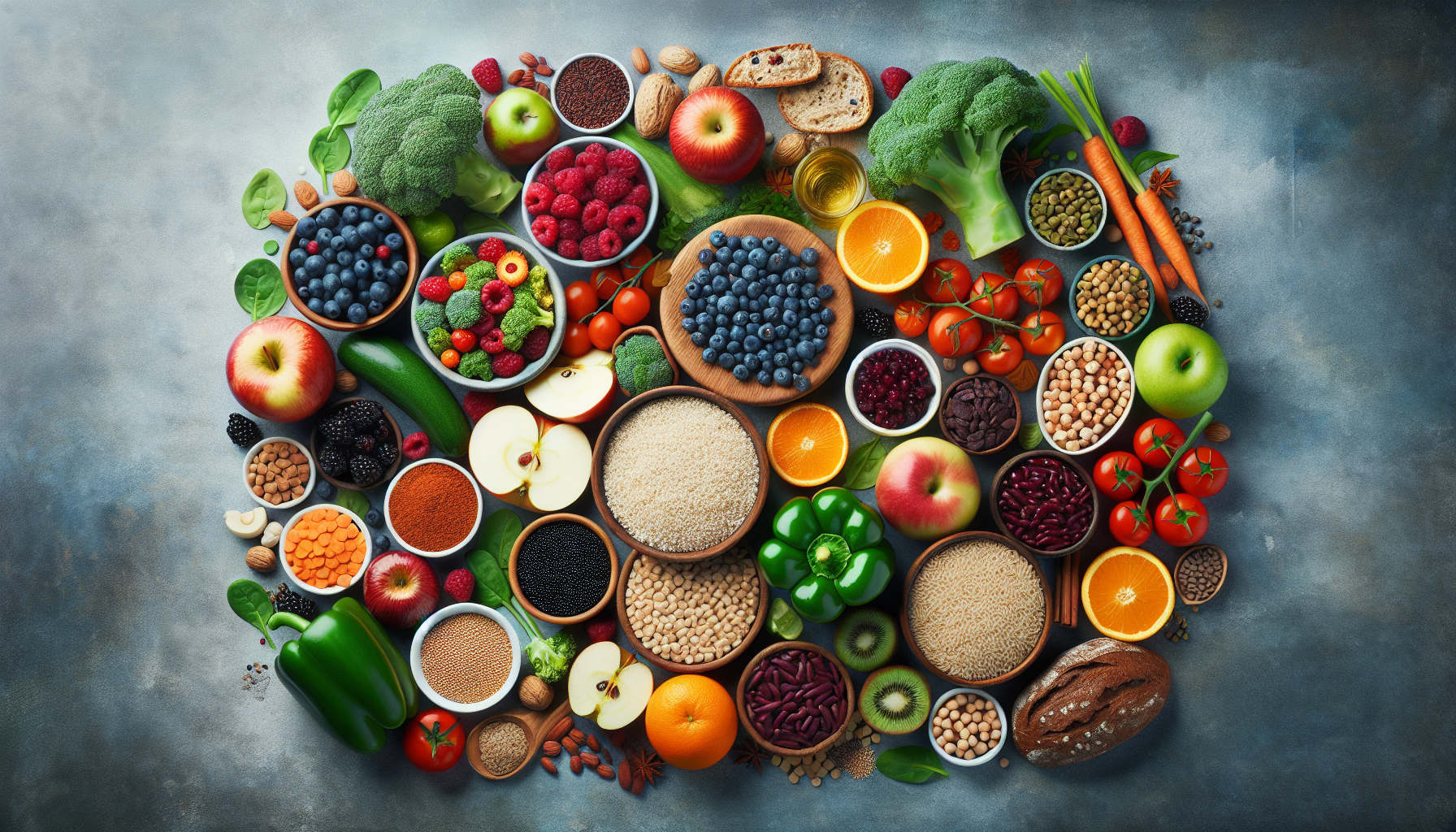In recent years, vegetarian diets have gained popularity for their potential health benefits, including lower risks of heart disease, high blood pressure, and type 2 diabetes. However, as more individuals adopt this way of eating, concerns about its impact on bone health have also surfaced. A diet devoid of meat and fish products can lead to deficiencies in certain nutrients crucial for bone strength, such as calcium, vitamin D, and protein. This article delves into the relationship between vegetarianism and bone health, offering insights into how vegetarians can maintain strong bones while adhering to their dietary choices.
Understanding Bone Health
Bone health is a complex interplay of various factors including genetics, physical activity, and nutrition. Bones are living tissues that continuously break down and rebuild—a process known as remodeling. This balance is pivotal to maintaining bone density and strength throughout life.
For an in-depth understanding of bone health, Avix Health provides a comprehensive resource that explores the intricacies of maintaining strong and healthy bones.
Nutritional Considerations for Vegetarians
A vegetarian diet, while providing numerous health benefits, requires careful planning to ensure it includes adequate amounts of key nutrients for bone strength. The primary concerns are:
Calcium
Calcium is the cornerstone of bone health. Vegetarians can obtain calcium from plant sources such as leafy greens, fortified plant milks, almonds, and tofu. However, the bioavailability of calcium from plant sources can be lower compared to dairy products.
Vitamin D
Vitamin D is essential for calcium absorption. With limited exposure to sunlight and dietary sources predominantly found in animal products, vegetarians may need to consider fortified foods or supplements.
Protein
Protein is a building block of bone tissue. Vegetarians must ensure they consume enough protein from diverse sources like lentils, chickpeas, quinoa, and tempeh to support bone remodeling.
Other Nutrients
Magnesium, zinc, and vitamins K and B12 also contribute to bone health. These can be found in whole grains, nuts, seeds, and fortified vegetarian products.
The Impact of Vegetarianism on Bone Strength
Research has shown that vegetarians often have lower bone mineral density (BMD) than non-vegetarians. This has been attributed to the lower intake of the aforementioned nutrients. However, a well-planned vegetarian diet that meets all nutrient requirements may not necessarily lead to weaker bones.
Strategies for Optimizing Bone Health in Vegetarians
Diverse Diet
Incorporating a variety of nutrient-rich plant foods can help vegetarians meet their nutrient needs for bone health. Natural remedies for strengthening bone density offer additional guidance on how to include a wide range of beneficial foods in one’s diet.
Supplementation
If dietary intake is insufficient, supplementation of calcium, vitamin D, and other nutrients may be necessary. It’s essential to consult a healthcare provider before starting any supplementation.
Lifestyle Choices
Regular weight-bearing and muscle-strengthening exercises can enhance bone strength. Moreover, lifestyle factors such as avoiding smoking and excessive alcohol consumption are crucial. The influence of lifestyle choices on bone mass and health further elaborates on how daily habits can impact bone integrity.
Regular Monitoring
Vegetarians should monitor their bone health periodically, especially those at higher risk such as postmenopausal women and older adults. Bone density tests can help track BMD and inform necessary dietary or lifestyle adjustments.
Additional Considerations
While focusing on bone health, vegetarians should not overlook other aspects of their well-being. The relationship between bone density and lifestyle diseases provides insights into how bone health is interconnected with other health conditions.
External Resources to Support Bone Health
- National Osteoporosis Foundation – Offers detailed guidelines on nutrition and bone health, with a focus on calcium and vitamin D.
- The Vegetarian Resource Group – Provides an extensive list of calcium sources suitable for vegetarians.
- The Vegan Society – Shares practical advice on how vegans can ensure adequate calcium intake.
- International Osteoporosis Foundation – Presents global perspectives on nutrition and its role in preventing osteoporosis.
- Academy of Nutrition and Dietetics – Discusses the importance of nutrition in the prevention and management of osteoporosis.
Conclusion
While vegetarianism can pose challenges to maintaining bone strength due to potential nutrient deficiencies, these can be effectively managed through a well-planned diet and lifestyle. It is critical for vegetarians to be proactive about their bone health, utilizing both dietary strategies and lifestyle interventions to ensure their skeletal system remains robust.
In summary, a vegetarian diet can coexist with strong bones, provided that individuals pay close attention to their nutritional intake and engage in behaviors that support bone health. With the right approach, vegetarians can enjoy the benefits of their dietary choice without compromising their skeletal integrity.



